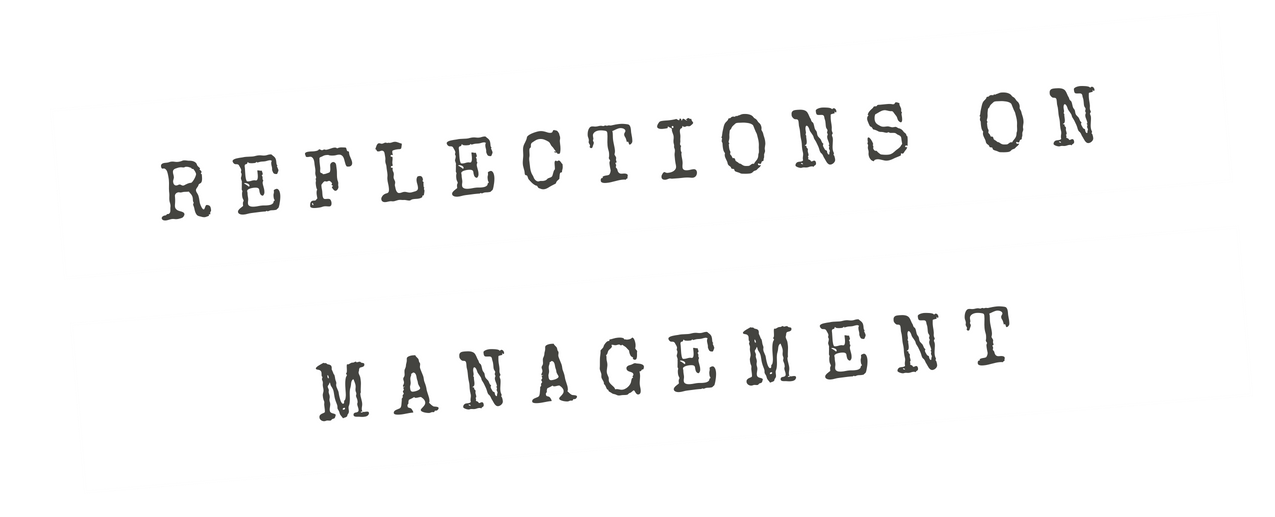7-10. Owning and Appraising Knowledge (Knowledge Management, Conclusion)
In this episode, I address a couple of critical points that drive what information is retained and what is withheld — Who owns the information and who determines its value? And do our methods of establishing ownership and appraising knowledge make sense?






















